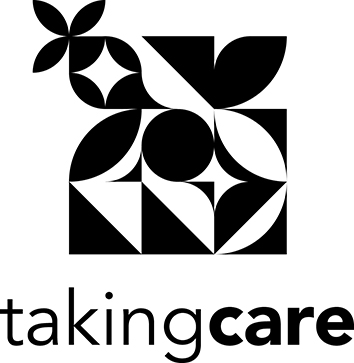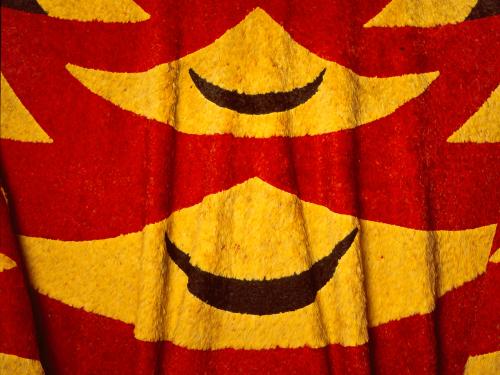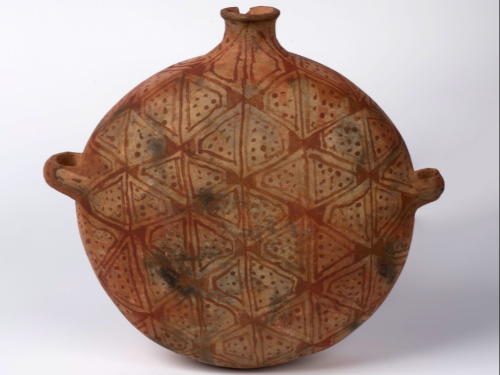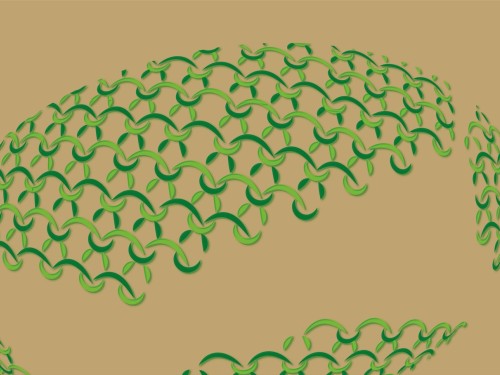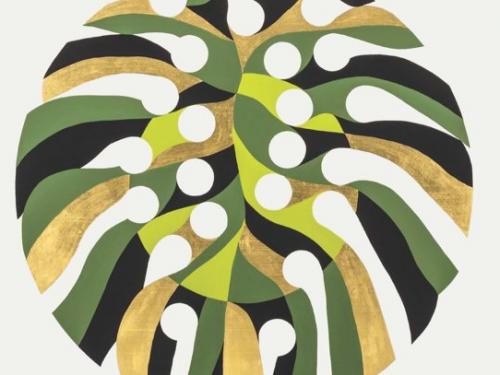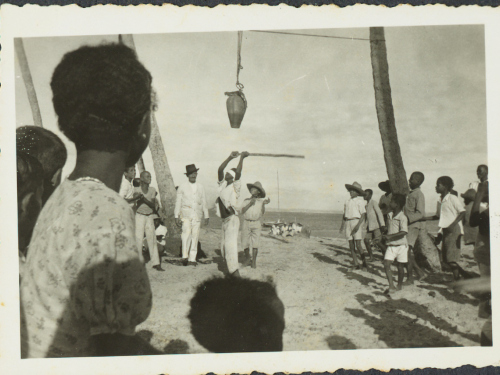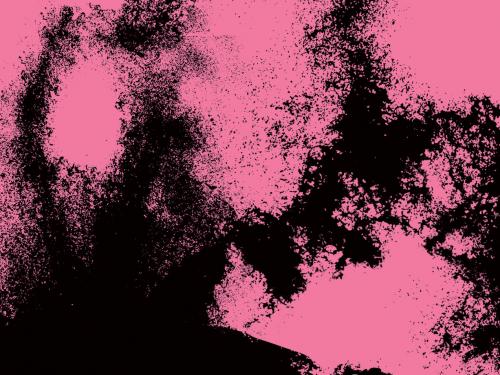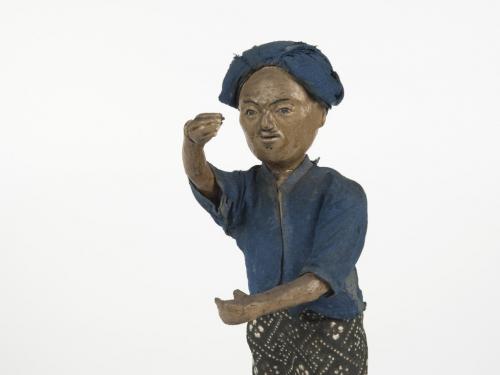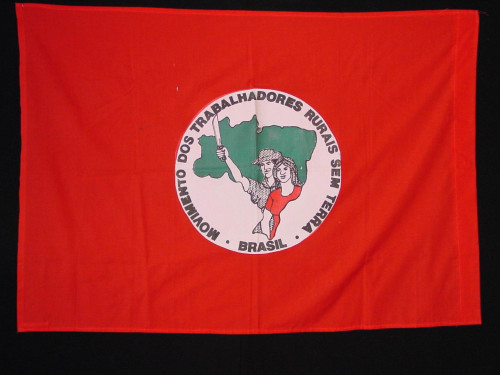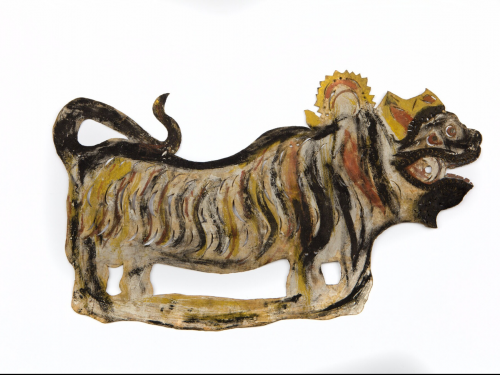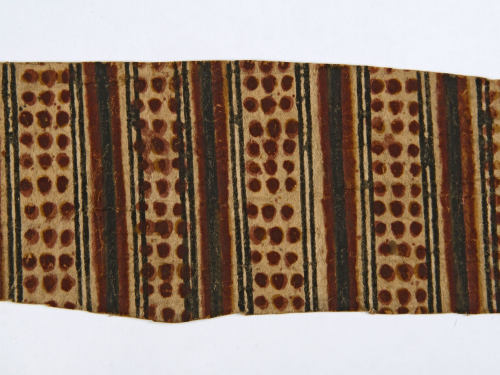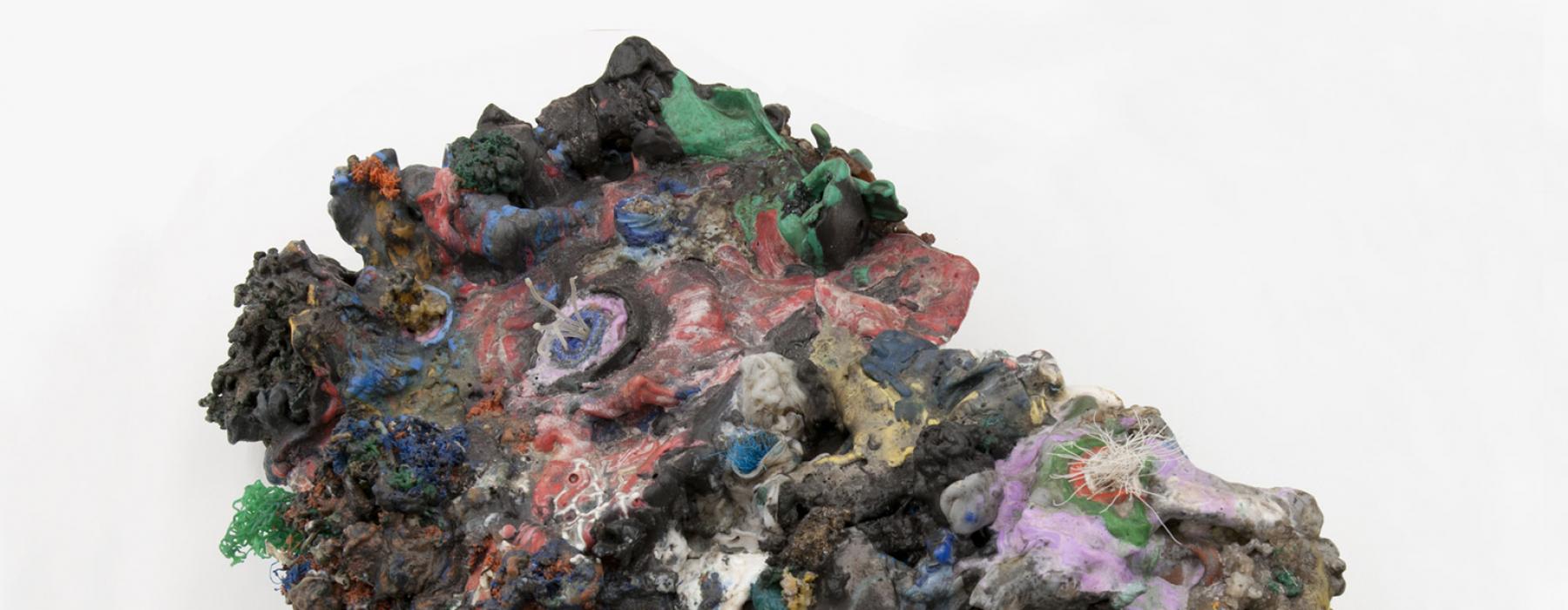
Alarming environmental shifts and crises have raised public awareness of and anxieties regarding the future of the planet. While planetary in cause and scale, the negative effects of this global crisis are unequally distributed, affecting most intensely some of those whose positions are already most fragile, including those whose lives continue to be affected by the legacies of colonialism and empire, with advanced avatars of neoliberalism only further accentuating the precarity of the lives of those who are already the most disenfranchised. Some scholars have argued that these anxieties should be taken as connected with another prominent set of apprehensions around the ‘announced’ failure of the plural democracies that have become commonplace in many countries across the world.
